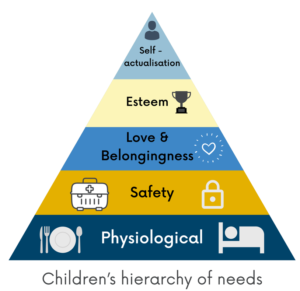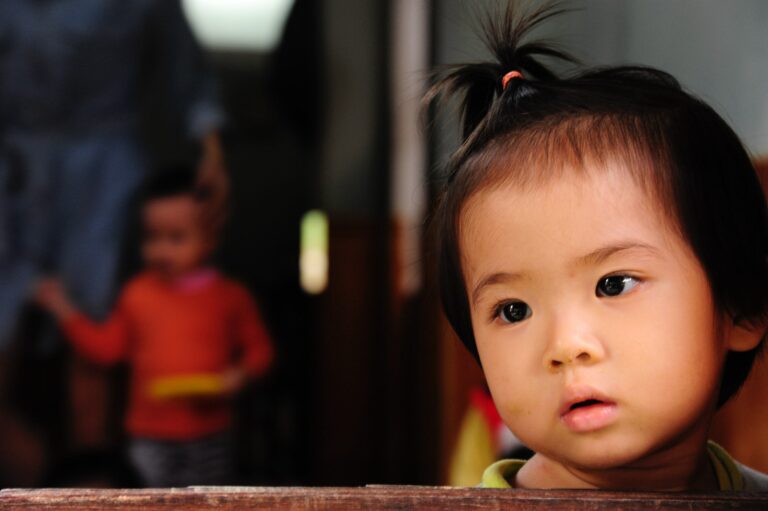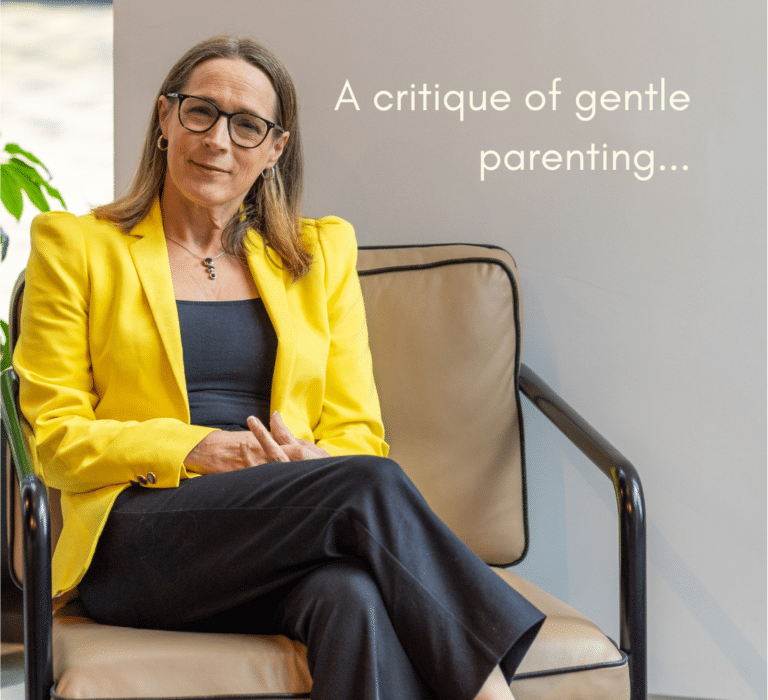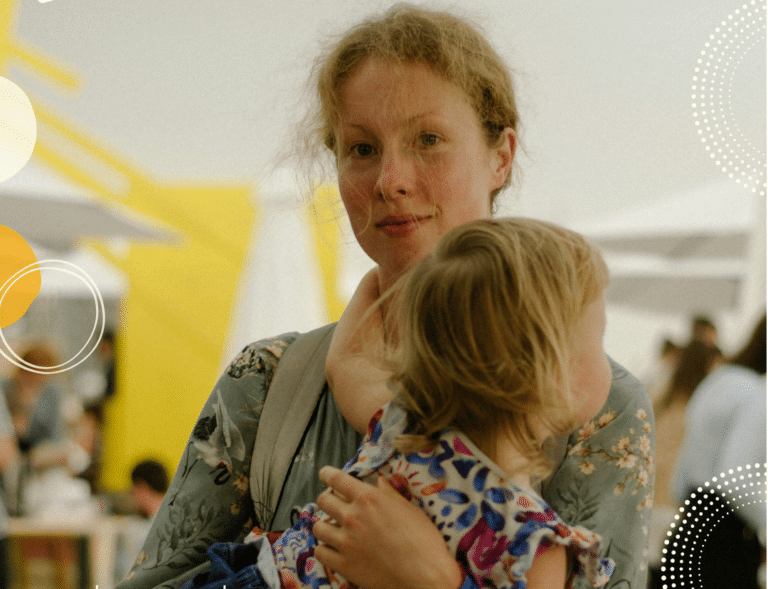What children need most from their parents
Many working parents are conflicted about what children need most from us, and how to prioritise between work and family. We are a generation of parents who are working more and parenting more. We are frazzled from doing too much, yet full of self-doubt that what we are not doing enough.
Parents’ time and energy is finite. So what should we be prioritising? How can we decide what children need most from us? What is most important? And what can we ditch or postpone? Should we choose Maths or cuddle time? That video call with a client or reading with the kids? Exercise or a home-cooked meal? These are hard choices to make. But make them we must – or we face complete burnout.
To help you frame your decision-making, I thought I would return to a classic psychological model that is often used in children’s services as a way of understanding what children need most and which needs come first: Maslow’s hierarchy of needs.
What is Maslow’s Hierarchy of Needs?
Maslow’s Hierarchy of Needs is a psychological theory developed by Abraham Maslow in 1943 which argues that all humans have different levels of needs. These needs are usually presented as a pyramid or triangle, with our most fundamental needs at the bottom (food, water, warmth etc.), rising up through increasingly higher level needs (relationships, self-belief, a sense of purpose etc.) as the tiers progress upwards.
Each tier is dependent on the needs in the tiers below being met first. In other words, in order for a child’s safety and security needs to be met, they must first have their physiological needs met. A child needs to have sufficient food, water, warmth and sleep before they can experience safety and security.
This model offer parents a way of thinking through what children need most. Children’s basic human needs always come first. Once these are met, then their need to connect with others and have relationships can be met. And it is only once their need to experience love, friendship and connection is met that their achievement needs can be fulfilled.
How does this help parents?
Many of us are heaping immense pressure on ourselves to be hands-on parents on top of full time jobs. Even if that means overloading ourselves into such a stressed-out state that we end up impatient or snappy, quick to escalate conflict or utterly exhausted.
What Maslow’s hierarchy of needs makes clear is that – no matter how determined you are or how exciting the educational activities you have prepared or how forcefully you push them – children can’t learn well if they don’t feel loved. They can’t learn well if they don’t feel safe. They can’t learn well if they haven’t been able to run around for days.
What children need most from parents is to feel secure, to be supported to manage their emotions. To have their physical needs met. To feel loved and understood. They need parents to value our own well-being and look after ourselves in order to hold a safe space for them to meet their needs.
Only then can they get value from the opportunities we offer them.
Some children will be happily working on their higher level needs – healthy, securely connected, and believing in themselves. Other children will be facing each day in a state of panic, flooded with dread or unease, feeling isolated, disconnected or worried.
What children need most from their parents is that we tune in to where they are. That we check in and connect with them so we can spot which of their needs they need us to support right now. And if, today, anxiety is undermining their sense of security – or isolation is damaging their relationships – then that’s where we need to focus.
Only you can decide what matters most right now for you, your children and your family. Dropping a grade in Maths can be caught up through intensive tuition later down the line. The effects of poor mental health in childhood can impact a lifetime.






